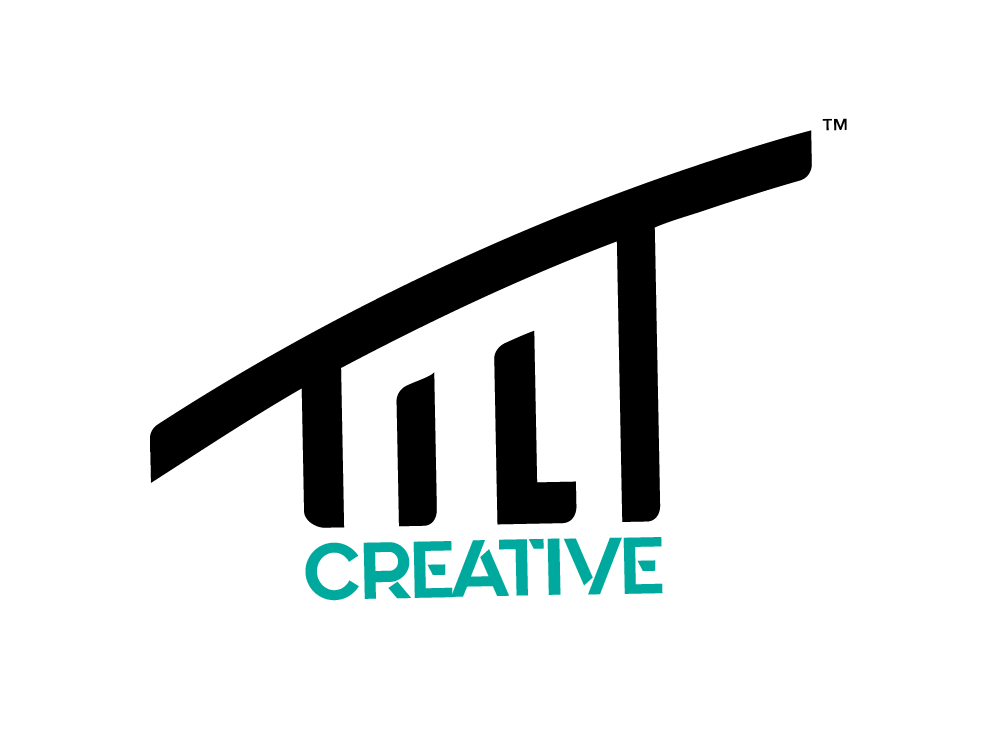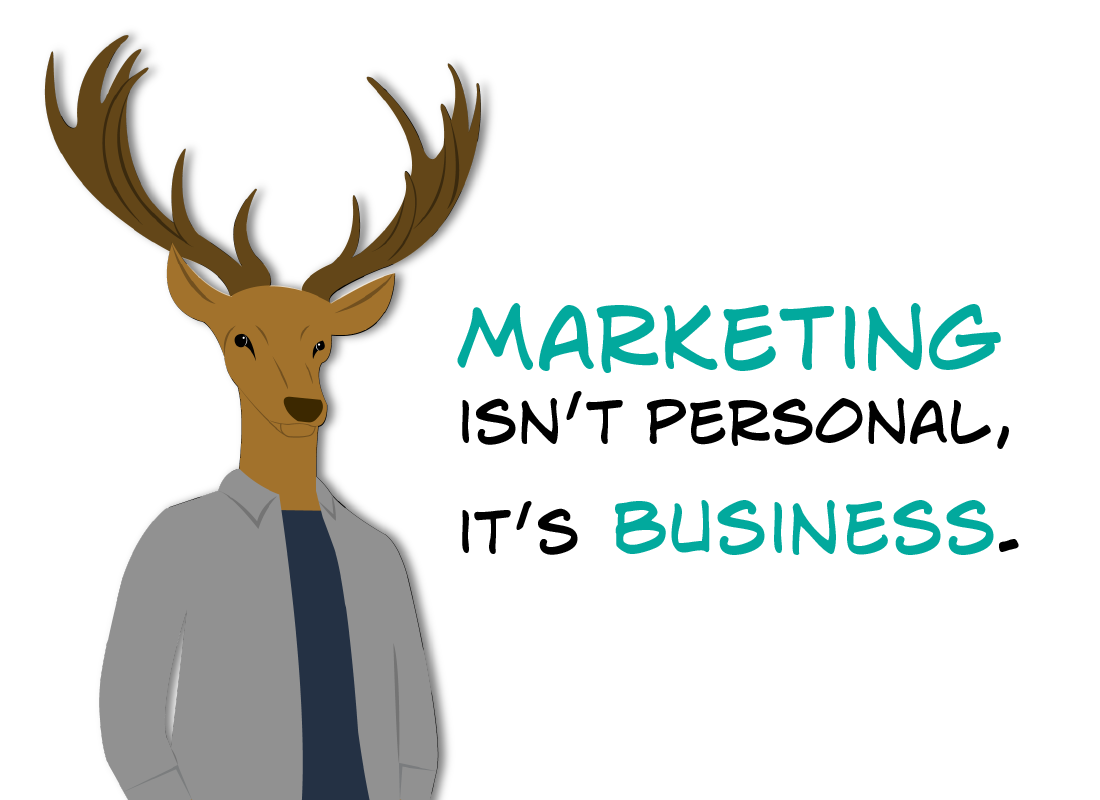Marketing isn’t personal, it’s business.
Recently, I had another encounter with a potential client that made me wonder how many business owners get too personal when it comes to their business, and sacrifice revenue or savings for the sake of their own (sometimes radical) personal views. I’m all for personal ethics drawing objective business lines to keep a business in the light. Personal and religious views even keep some companies in business depending on their region, and they can reflect highly as a reputable company as a result of it. There are lots of personal boundaries that are more than welcome in business, however, when it comes to your marketing, you shouldn’t really get too personal. Allow me to elaborate…
Any good marketer will tell you that today’s most successful marketing campaigns usually resonate on a personal level with a consumers, causing a unique singular reaction for that consumer, causing them to act, even when the campaign is targeted at millions of people. Good marketing gets personal. It’s one on one, sometimes creative, sometimes controversial, sometimes humorous, but all of it speaks to us uniquely. It’s a tailored experience, made just for us. You can’t get more personal than that. This is not the type of personal I’m referring to as an err. This is the right type of personal.
Since a large portion of my work is a form of social marketing, I do come across a client type who is afraid or dismissive of everything tech, for whatever personal reason or fear. Normally, they are of the boomer generation, so social media is all a new “young” thing and they can’t grasp the technology because it’s all unfamiliar. Their preference to avoid social media entirely is often peppered with the reality that they know they have to do it. This is 100% acceptable. I would walk a client through how it all works as best as I can, and mostly, they end up trusting the results TILT delivers. This is a normal day for us, as many of our clients and potentials don’t really understand the mechanics of how this all works (and they don’t have to), but they know their consumers are glued to their phones and that’s what matters: reaching their consumers.
But then there’s the rogue millennial. The one who thinks that kale juice can cure any disease, and the government owns Facebook and Google. Some of their beliefs are valid; privacy isn’t what it used to be, but with progression comes change. What doesn’t change are the millions of people who are glued to their phones for hours every day. Your consumers use social media every day, and as a business, you want your brand in front of them, because you want them to know you exist.
When I hear statements like, “I don’t respond to interested consumers on Facebook asking for availability”, is followed up with “because I just don’t like Facebook but I have Instagram and Snapchat”, which is then followed by, “but I really need more business and exposure”, I get concerned, not for me, but for the business. Isolating yourself to platforms where your consumers aren’t while trying to grow a business, is well, bad for business. You’ve got to be where your consumers are, and communicate with them in ways that they are more comfortable with. Marketing isn’t about you or me, it’s about them. We live in a consumer based world, where they call the shots.
In the 60’s, families used to gather around their television sets to watch the ads. It was a big deal, and excited women would talk about what they saw on the telly, like that new vacuum cleaner. Television advertising converted into word of mouth with ease. Consumers came to you. They paid attention and they were excited to hear about that brand new vacuum cleaner you were telling them about that will change their lives…
Today, it’s changed a lot, but not much. Businesses need to go after the consumers to get their attention. My partner would send me a message with a video he saw on Facebook about a cool new product I might find interesting, and we’d talk about it, and both of us would then share it with the people we thought would also be interested. Video advertising converted to word of mouth. If it was interesting enough, we will talk about it and share, which is the same process as 50 years ago. But the method has changed, the platform has changed, and the speed with which that information travels has changed drastically.
Beliefs in business are great and can provide healthy boundaries, but can also be harmful when they prevent you from being objective about your business. Advertising is at it’s cheapest right now. 50 years ago, if you had to reach the volume of people we’re reaching today, you’d be spending billions. Today, it only costs a few hundred quid. That’s a big deal, and a massive advantage. Most businesses should be taking advantage of that. So take another look at your marketing and advertising efforts, and check if you are where your consumers are.

